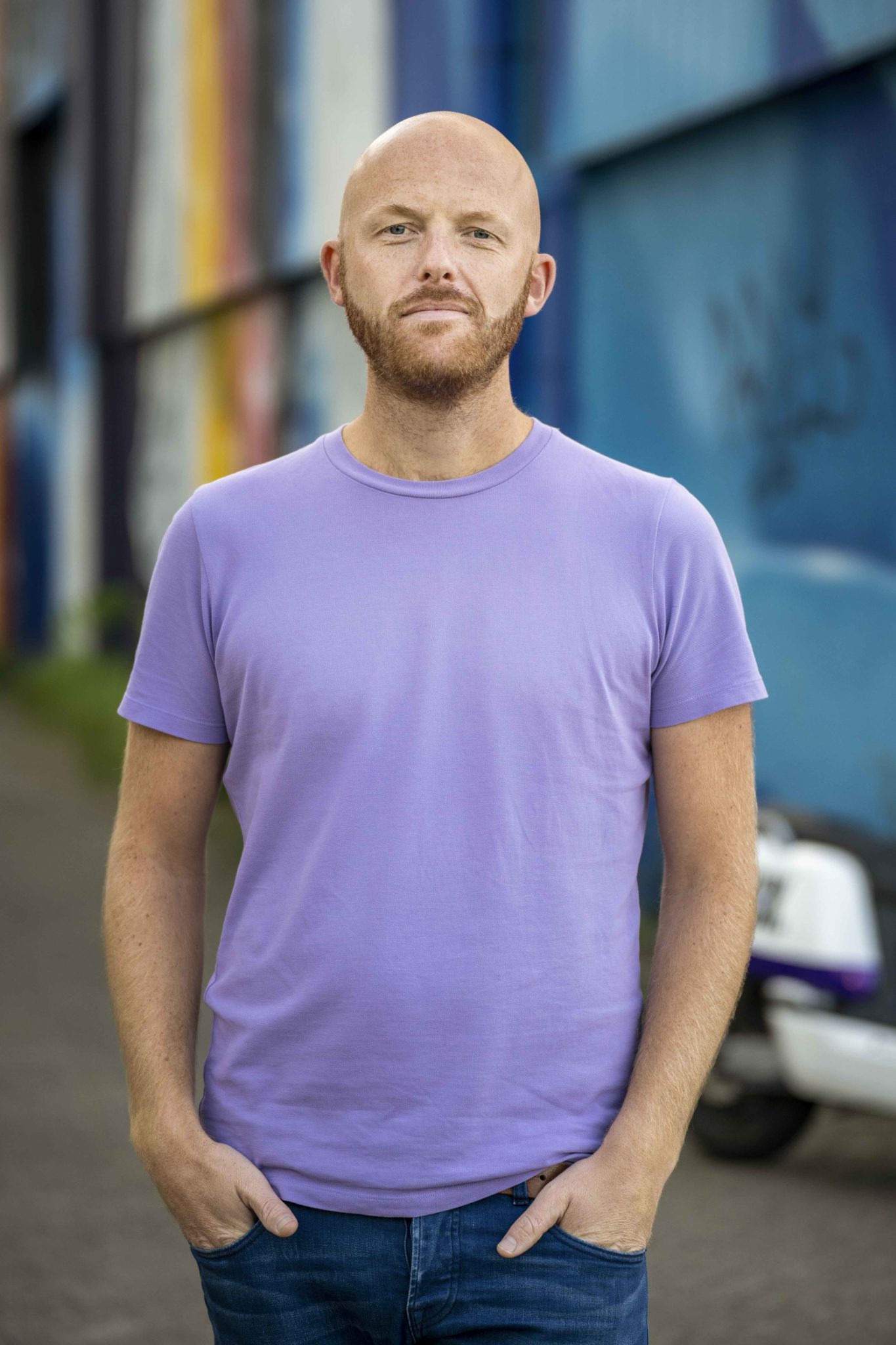Interview with Paul van Merrienboer Co-founder at leading micro-mobility provider Check

Check is a leading Dutch leading micro-mobility provider, offering a mobile app through which users can reserve- and use shared e-mopeds per minute. Today, Check offers more than 3K E-mopeds in Rotterdam, Amsterdam, the Hague, Breda, Groningen, Leeuwarden and Düsseldorf. The company distinguishes itself with its focus on data-driven growth, its own technology platform, and its unique proposition that tailors to the needs of both municipalities and its inhabitants.
This week, Check announced the Private Placement of EUR 10mn from Slingshot Ventures and Ponooc. IMPROVED acted as the exclusive financial advisor to Check in this micro-mobility private placement transaction.
We are thrilled to share further insights into the vision of one of Check’s co-founders, Paul van Merrienboer, and how the micro-mobility leader is planning to further accelerate its international expansion.
1. Paul, what led you to found Check in 2019?
I have always been fascinated by how inefficiently we use vehicles in cities and how car-oriented we deal with space in our cities in general. Before I started Check, my eyes really opened when I worked at Greenwheels to make cities more liveable.
On the one hand, I noticed that the mobility transformation plans of municipalities got more traction. On the other hand, the reasons why people chose shared mobility were changing. In the early days, the motives were driven by ‘doing green’ or the environment. Nowadays, the main reason is convenience. In order to really make an impact, that motive is a much more powerful one to reach the critical mass.
Personally, I have always enjoyed to start with a blank piece of paper. Creating new brands, propositions, and/or formulas without any legacy that holds you back and sets you back. Setting up this new venture in this fast-developing ecosystem was the perfect opportunity for me.
2. What is unique about Check’s product/solution offering when comparing it to other shared/micro-mobility solutions on the market?
Check offers the easiest way in the city. In order to deliver, we developed two propositions: one for end-users, and one for municipalities. I believe it is the only way to create a sustainable impact when working closely with municipalities.
I think the uniqueness lies more in how effectively we deliver. We operate with a relatively small and focussed team of highly data-driven people. We are able to ship new features, based on data-driven decisions daily. Our own proprietary scalable platform allows us to deliver top quality at low cost, without too many dependencies. This makes us the only micro-mobility player, that not only grew by 700% in sales, but also generated cash in 2021.
3. How will the growth financing from Slingshot and Ponooc help you to accelerate international expansion? What regions do you aim to expand to? And are there any product expansion plans in the pipeline?
The additional funding will allow us to scale in three ways: not only geographically to other cities in Europe, we will also onboard other modalities to our platform. The third axis of growth is based on tightening our relationship with our users and the cities we partner with. Of course by introducing better and smarter features.
It is important that we definitely grow ‘The Check way’: always in a validated manner. We don’t want to be that company that scales ‘at all costs’ without substance to become a viable one. I believe the end-game for the industry will be about profitability. That makes a product truly sustainable.
4. What does this transaction tell you about the state of the shared/micro-mobility market?
In 2021, we have seen hundreds of millions being absorbed into the micro-mobility industry. Mainly large funds are investing in large kickscooter players. To me, that confirms the trust in the fact that micro-mobility is here to stay and it is going to be big.
This particular transaction shows me that investors also believe that the latest wave of shared mobility companies have a fair chance to battle against the bigger ones, and can contribute to the mass adoption of shared mobility.
5. How do you think the shared/micro-mobility market will develop in the coming years?
The influence of municipalities will accelerate several trends that are already visible. Newcity regulations will demand a more robust proposition that blends in seamlessly: more attention to sustainability, public space, improved safety, integrations with public transport etc. The caps on the maximum number of vehicles will not only force operators to become smarter at relocating vehicles at the lowest cost, but it also fuels the urge for operators to differentiate offerings by going multimodal in order to have better coverage in a city. A final trend on the horizon is also powered by municipalities: the consolidation of operators. Granting permits is basically putting a lock on cities for certain modalities. The only way to enter would be through a merger or acquisition.